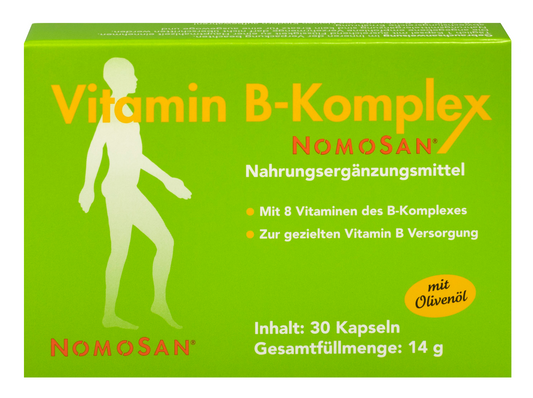Broccoli, scientifically known as Brassica oleracea var. italica , is a remarkable vegetable with an impressive nutrient profile and numerous potential health benefits. Rich in fiber, vitamins such as A, C and K, and important minerals such as calcium, potassium and iron, broccoli is a valuable addition to any diet. In addition, it contains bioactive compounds such as glucosinolates, sulforaphane and indole-3-carbinol, which are known for their antioxidant, anti-inflammatory and potentially anti-cancer properties.
Broccoli and its nutrients
Broccoli is especially known for its high fiber content, which promotes healthy digestion. The vitamins A, C and K in broccoli play a crucial role in supporting the immune system, promoting skin health and blood clotting. Calcium contributes to bone health, while potassium plays an important role in regulating blood pressure. Iron is crucial for oxygen transport in the blood.
Bioactive Compounds in Broccoli
A notable aspect of broccoli is its content of glucosinolates, particularly sulforaphane. These compounds are converted in the body into active substances that have antioxidant and anti-inflammatory properties. Sulforaphane, which is produced by the enzymatic conversion of glucosinolates, has been studied in numerous studies as a promising agent for supporting cellular health. However, it is important to note that the exact effect of these compounds on the human body is still the subject of intensive research.
Broccoli and Human Health
Broccoli has long been valued for its potential benefits in supporting heart health, promoting digestion and supporting the immune system. There has also been research into how broccoli might help reduce the risk of certain chronic diseases. For example, it has been observed that a diet rich in fiber and antioxidants might reduce the risk of cardiovascular disease and certain types of cancer.
Influence of broccoli on the intestinal flora
The effect of broccoli on the human gut flora is another interesting aspect. Studies have shown that broccoli consumption can positively influence the composition of the gut microbiota. This could be due to the high content of fiber and phytonutrients that promote the growth of beneficial bacteria. A healthy gut flora is crucial for overall health as it supports digestion, strengthens the immune system and helps regulate inflammatory processes in the body.
Broccoli and preventive health
There is some evidence that regular intake of broccoli as part of a balanced diet could help support overall health and reduce the risk of certain diseases. For example, one study observed that broccoli and similar cruciferous vegetables could help support heart health and reduce the risk of chronic diseases such as type 2 diabetes.
Processing and Consumption of Broccoli
It is important to note that the health benefits of broccoli can be influenced by the way it is prepared. Eating raw broccoli can help maximize the absorption of glucosinolates, while cooking it can increase the availability of other nutrients. It is therefore advisable to consume broccoli in a variety of preparations to get the most out of its benefits.
Sources:
- Broccoli consumption affects the human gastrointestinal microbiota - PMC (nih.gov)
- Broccoli: A Multi-Faceted Vegetable for Health: An In-Depth Review of Its Nutritional Attributes, Antimicrobial Abilities, and Anti-inflammatory Properties - PMC (nih.gov)
- Health benefits and possible risks of broccoli - an overview - PubMed (nih.gov)

